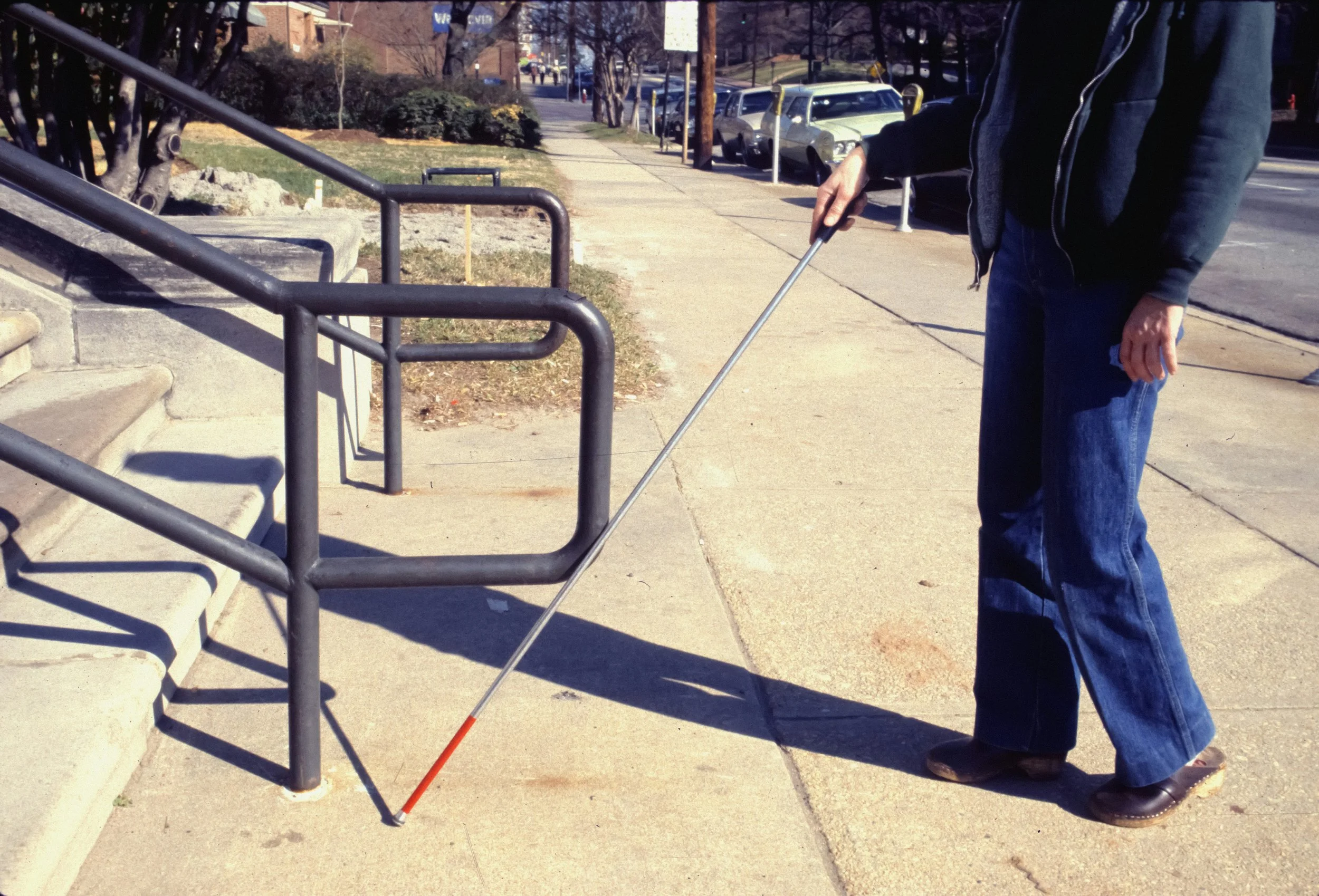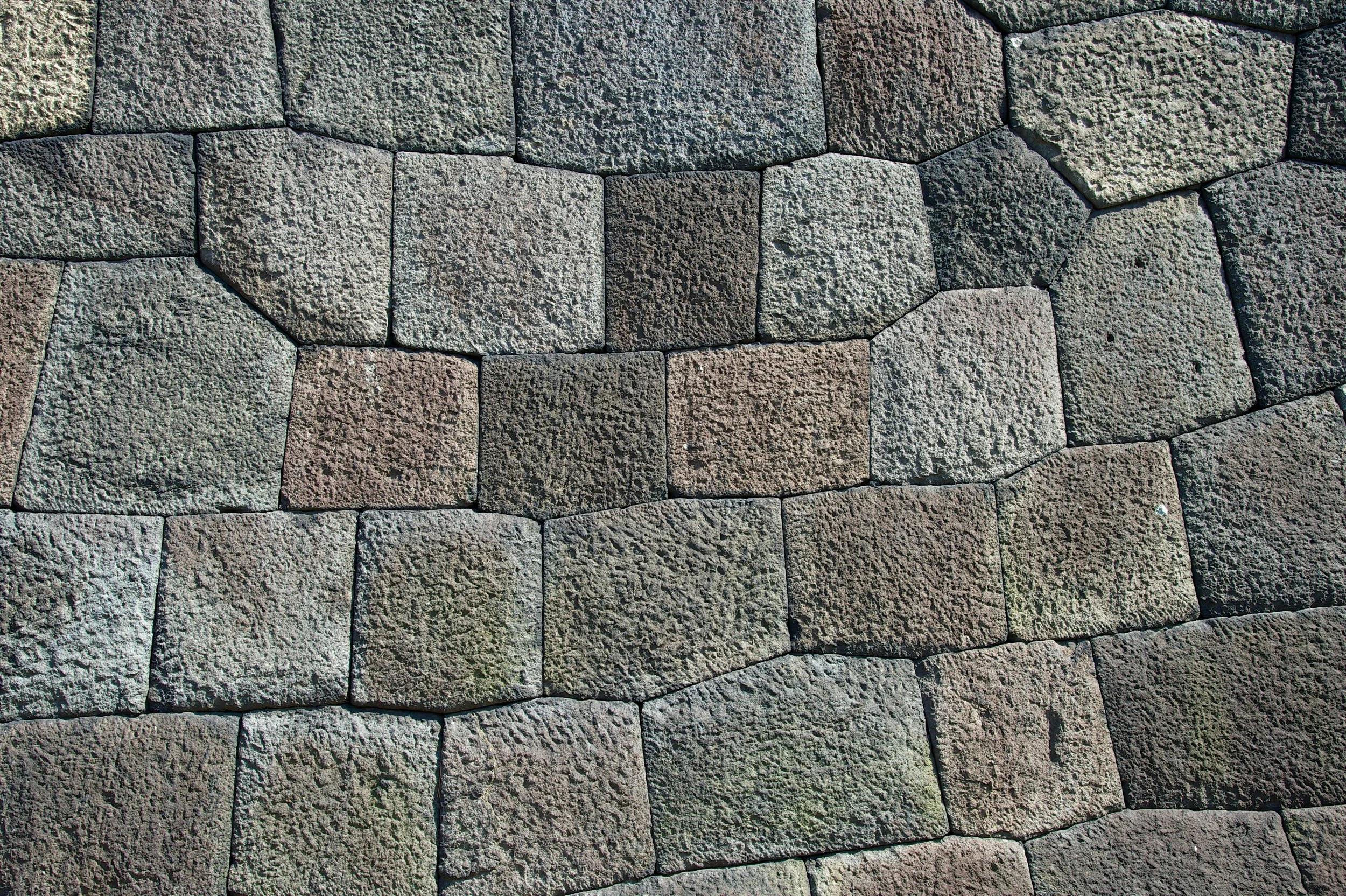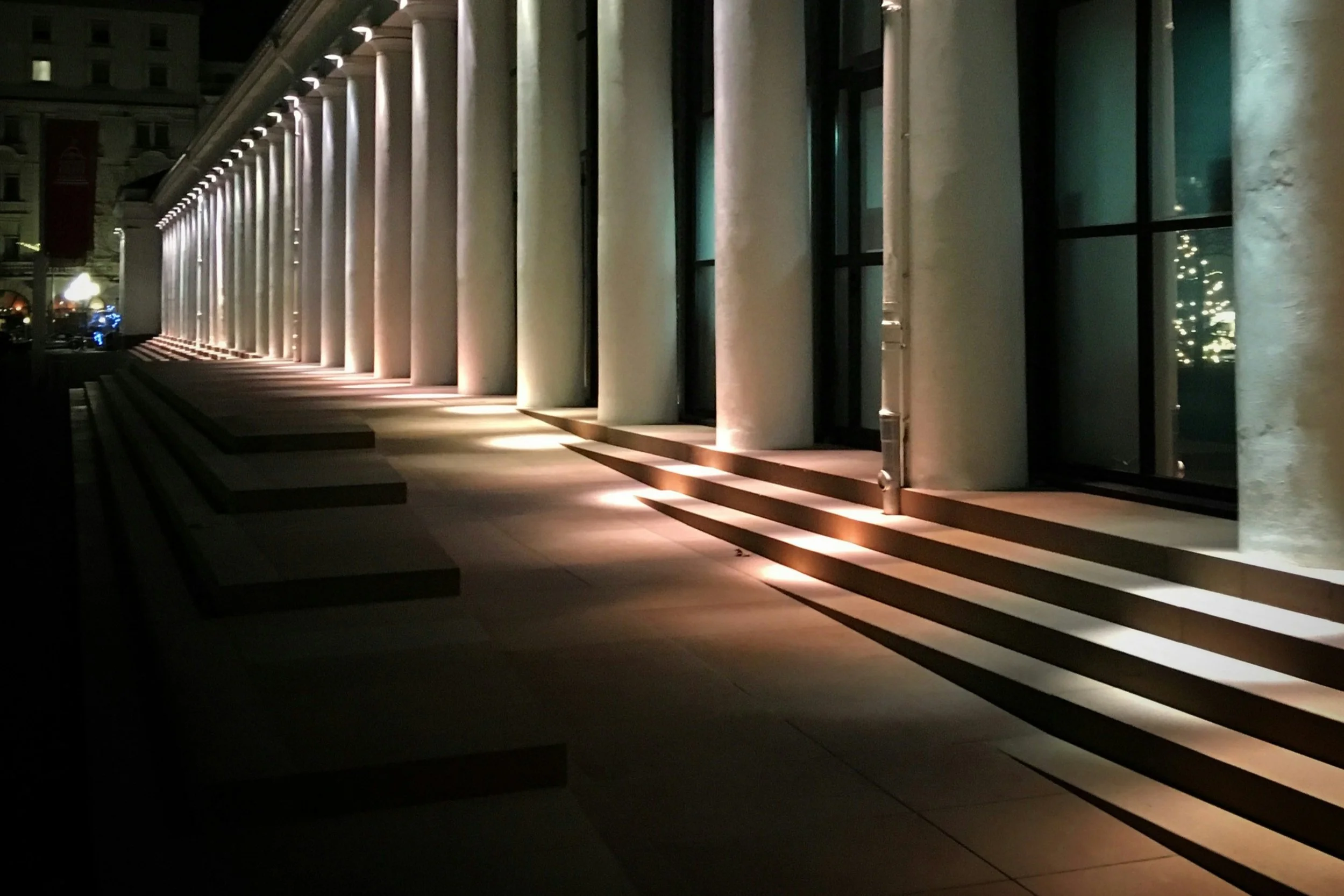How to Achieve Europe’s Accessibility Goals with Custom Natural Stone Solutions
Inclusive and accessible public spaces are a key development goal across Europe. With the EU championing universal design, businesses have a opportunity to combine sustainability and innovation. However, despite these significant efforts, many challenges remain. How can custom solutions help businesses overcome these obstacles and achieve the EU’s accessibility vision?
Universal Design: Building Inclusive Spaces Across Europe
As the European Union (EU) prioritizes inclusivity and accessibility, universal design has become a cornerstone in shaping infrastructure, products, and public spaces that serve a wide range of users, regardless of age, ability, or background. This design philosophy encourages to create environments that are accessible to all, fostering community inclusivity. By embracing universal design, businesses can both contribute to social wellness and unlock new market opportunities, engaging a broader and more diverse customer base.
Challenges in Implementing Universal Design Across the EU
Despite the EU’s shared directives on universal design, implementing these principles across member states presents significant challenges. The region’s legal and regulatory landscape varies widely by country, complicating compliance and creating barriers to standardized solutions. Organizations are often left uncertain about which regulations to follow, and public spaces in particular lack cohesive guidelines, leading to inconsistent accessibility improvements. Key design elements, such as ramps, tactile pathways, and inclusive seating, are often unevenly integrated across different communities, resulting in a fragmented approach to accessibility [1].
Custom Solutions for Inclusive Design
In a diverse and complex regulatory landscape, custom production emerges as the optimal approach to achieving universal design goals.
Advantages of Custom Solutions
Tailored to Regional Needs: Custom solutions allow businesses to address the specific accessibility and climate requirements of their target regions.
Regulatory Compliance: Customization ensures that the developers have more tools to adhere to local context and regulations while meeting EU standards.
User-Centric Design: Solutions can be tailored to meet the diverse needs of end users, from individuals with disabilities to cultural considerations.
Custom manufacturing guarantees inclusivity without sacrificing aesthetics or functionality, making it a vital tool for achieving EU accessibility goals in architecture, urban planning, and product design [2].
Building Accessible Spaces with Natural Stone
Natural stone products offer unparalleled potential for accessible design, combining durability, aesthetics, and adaptability. Custom stone solutions—such as tactile paving, anti-slip finishes, and bespoke designs—can transform public and private spaces into universally accessible environments [3]. These products not only provide a long-lasting and visually appealing solution but also ensure the safety and ease of access that universal design strives for.
Strategic Partnerships for Achieving EU Accessibility Standards
Globalization has streamlined supply chains, allowing companies to access expert partners worldwide. However, to stay competitive, it’s essential to develop long lasting relations with suppliers. Partnering with a reliable manufacturer who understands both the need to adapt to ever changing geopolitical landscape and the EU’s universal design market demands.
Only Element: Your Partner in Achieving Universal Design Goals
At Only Element, we specialize in sourcing cost-effective custom stone products and providing comprehensive solutions that meet universal design principles. Our network of expert manufacturers ensures compliance with environmental standards while delivering superior craftsmanship. Europe’s accessibility goals demand innovative, sustainable, and inclusive solutions. By leveraging custom production and strategic partnerships, businesses can address contemporary challenges and contribute to the EU’s path for inclusivity. Partnering with Only Element empowers you to elevate your projects, ensuring their social sustainability.
FAQs
1. What is universal design, and why is it important in Europe?
Universal design principles ensures that spaces and products are accessible to everyone, promoting inclusivity and compliance with EU development goals.
2. How can natural stone solutions improve accessibility?
Natural stone provides durable, customizable options like tactile paving, anti-slip finishes, and accessible seating, ensuring safety and inclusivity.
3. Why should I choose Only Element for accessibility projects?
Only Element offers affordable, tailored, and sustainable stone solutions backed by expert craftsmanship and compliance with EU regulations.
4. Are custom stone solutions sustainable?
Yes, Only Element prioritizes environmentally responsible materials and processes, ensuring long-lasting and eco-friendly results.
5. Can Only Element help with historical restoration projects?
Absolutely. We specialize in blending traditional craftsmanship with modern techniques to restore historical sites.
6. How do I start a project with Only Element?
Contact us today to discuss your vision! Our experts will guide you through the process, ensuring a seamless experience from material selection to project completion.
References
Chia, S., & Qureshi, S. (2017). "Barriers to Implementing Universal Design in Europe: A Comparative Analysis." Journal of Design History.
Rogers, M., & Hefferin, P. (2016). "The Role of Custom Manufacturing in Achieving Universal Design." Construction and Building Materials Journal.
Jones, D., & McNabb, D. (2020). "Using Natural Stone for Inclusive Urban Design." Urban Design and Development Journal.




